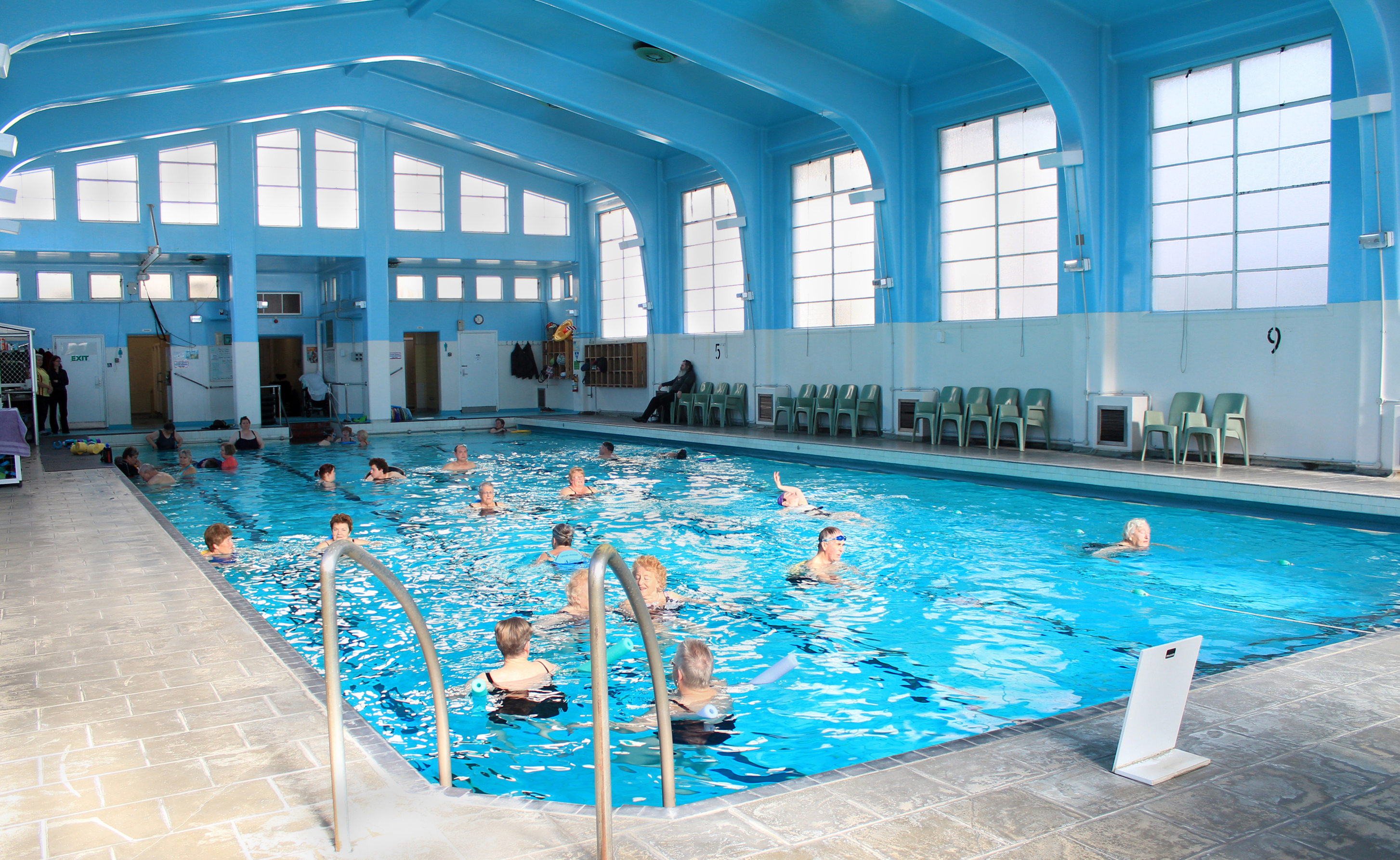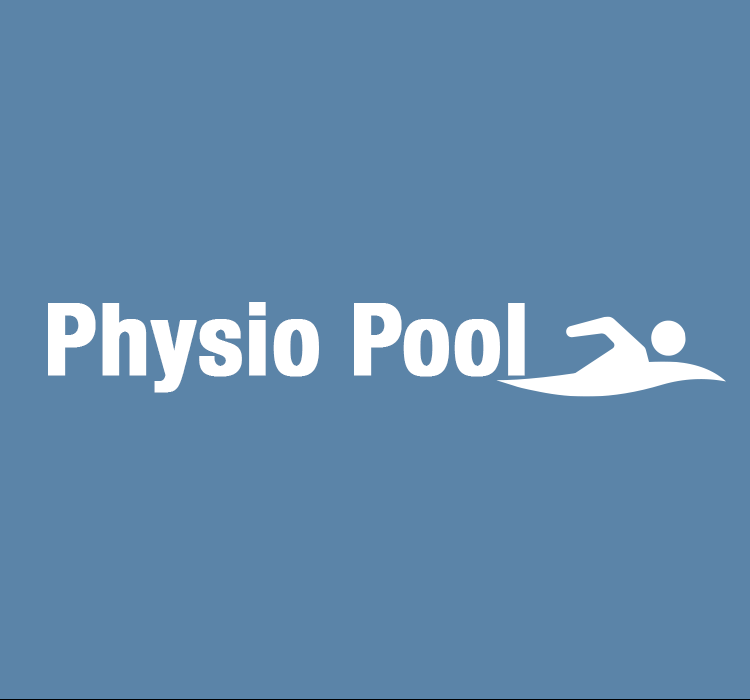Our Mission
“To manage and promote the use of the Physio Pool for therapeutic purposes by hospital patients and the wider public.”
The Otago Therapeutic Pool Trust (OTPT) 2025 Trustees are dedicated to restoring, reopening and maintaining Dunedin’s purpose-built heritage-listed Physio Pool in the centre of the city — NZ’s largest warm-water hydrotherapy pool, and an essential Otago community rehabilitation facility.
During peak years, it enabled 80,000 visits annually, enhancing patient rehabilitation, socialisation, wellness, and improving our community’s health. It must be saved and reopened for everyone.

What Makes the Physio Pool Special?
- One of NZ’s oldest and largest warm-water hydrotherapy pools (22.9m x 9.1m)
- Heated year-round to 35°C
- Depth range 1.2m to 3m, supporting all rehab requirements to enable progressions
- Wheelchair accessible, hoist and private, spacious changing rooms
- Quiet, therapeutic environment near Dunedin Hospital, 10-minute walk on the flat from Dunedin’s central city bus hub.
- Disability-friendly parking and taxi drop-off on flat site, close to ramp access to pool
- Health NZ physiotherapy staff manage hydrotherapy sessions for hospital outpatients
- Heritage-listed building, designed by Mason & Wales in 1943, purpose-built for hydrotherapy rehabilitation, and has contributed to many treatment innovations since opening in 1946.

The benefits of warm water exercise are tremendous and have an extremely positive impact on the quality of life for all abilities and ages.
Benefits:
- Warm 35°C water reduces pain and stiffness, enabling exercise progressions in comfort
- Buoyancy assists mobility and flexibility, and patients feel safe and supported in water
- Improved circulation and cardiovascular fitness are achieved through exercising in water
- Low-impact exercise aids balance retraining, and rehab progresses to safe resistance work
- Mental health benefits, stress relief in a positive, quiet and safe, rehab-focussed environment


